How long is a project cycle?
Typical project cycles last 5-6 months. The next project cycle starts in early January 2019 and lasts until the end of June. However, in special cases, it may be possible for a project to span two cycles. From September to December, our teams undergo advanced specialist training in cutting-edge machining learning techniques to prepare them for taking on projects.
How does RAIL handle data privacy?
RAIL prioritizes projects with open-source data that can be handled without privacy issues.
However, if you have an interesting project involving private data, we still want to work with you. A framework for ensuring data privacy will be individually discussed with each partner, specialised to the needs of the project.
Who owns the IP of a project?
The partner retains all ownership of their data, knowledge, and proprietary systems used to solve the problem. The partner also owns the deliverable. As a baseline, RAIL owns any other processes used to create the deliverable – which is most often the algorithm – and which can be licensed non-exclusively from RAIL. This is negotiable on a case-by-case basis.
What is expected of me?
Our project partners are required to appoint one liaison (normally the Senior Scholar) who is expected to hold once-weekly Skype calls with the team, and respond promptly by email. In addition, you will work with RAIL before the project launch to scope the engagement and agree on terms.
How do I know working with RAIL is right for me?
If you believe there's an opportunity to work together, please contact us at partners@rhodeslab.com. We are always happy to discuss potential partnerships.
We are seeking projects with matured datasets, so that machine learning techniques can effectively be applied to them. This means we put an emphasis on projects with data that is:
Clean: with few missing values, formatted in an easily manipulable way.
Large: ideally hundreds or thousands of observations, ML works best on big data.
Concise: few erroneous variables lowers the chance of finding patterns that are non-persistent in application.
Repeatable: has your data been collected in one go, or over many? Datasets with repetitive collection allow for stronger insight.
How do I know if my data is Mature enough?
If you are interested in collaborating with RAIL, but the project does not match to our cycle timeframes, please contact us.
What if the project timeframe Doesn't suit my needs?
The Rhodes Artificial Intelligence Lab (RAIL) is a group of Rhodes Scholars and Oxford graduate students interested in harnessing advanced technology for good. However, RAIL is not a part or affiliate of the Rhodes Trust or the Rhodes Scholarship Program, and any information, material or views published by or available via RAIL does not necessarily represent the views or values of the Rhodes Trust, the Rhodes Scholarship Program, or the Rhodes Scholar community.

